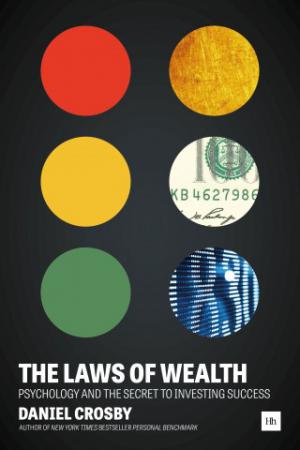
How to eat and not get eaten
Bear markets are tough on everyone. Even the best traders can lose the plot. Trying to run the winners might stop working – because there are no winners.
When that happens, there might only be one logical way to make money: shorting.
When a shark sees the market tumbling he knows a few things:
- It might well keep tumbling – but it could equally turn around as quickly as it went down.
- It is impossible for anyone to know or call an exact top or bottom regardless of how clever they might look on Bloomberg.
- He must consider changing his business plan slowly but surely.
- He must accept that, for a while anyway, he might not make much money – but the most important thing is not to lose much.
- He looks at the FTSE chart for the past 50 years and can see that if he was out of the market during the short but sharp bear years he would have enjoyed serious success. But he also knows he has to be in for when the market shifts up and that’s too hard to judge.
What to do? The shark puzzles over this and comes to a logical (indeed very Spock-like) conclusion: keep holding good companies in which he is still up (or not down by much), drop any stinkers ASAP, and go short on either some shares or the FTSE (UKX) index itself in order to hedge his losses.
By selling losing shares quickly he has cut his potential losses and also has cash on hand ready to buy when the upturn starts.
He knows it is impossible to get in at tops and bottoms – he just needs a ride the right way for part of the journey.
All the angles
Like any good businessman, a shark knows that running a business entails trying to make money from all the angles you can.
I used to own and run a café in London. When I bought it it was selling coffee, cake and snacks – making a reasonable profit. But the previous owner wasn’t making the most of it by a long chalk.
I soon added cooked breakfasts. Then good lunches for the local office workers. More money flowed in. How about DVD rentals? They worked too: I rented them cheap so people came in the evening to pick up takeaway meals. I used A-boards outside with different posters for different times of the day.
I also cut costs by shopping around for services. In the end I sold the whole place for double what I paid for it. I explored every possible way to make the most profit. The same is needed in trading: if you run it as a business you need to use all the tools at your disposal.
Shorting is just another tool in the box
And that should include shorting. When shares tumble, selling up is very costly. Shorting allows you to hold onto your shares, waiting for the turnaround, while making money from the markets going down.
It is so easy these days to go short with spread betting. It’s even tax-free. But when I talk to the industry they tell me hardly any private investors ever go short.
Perhaps it is because people find it difficult. Some people have told me it just feels weird to make money from something going down.
I ask them how they intend to make money if we have a bear market. They usually shrug.
That is really not looking at trading as a business. It makes no sense not to be able to make money on rainy days.
I made a massive amount shorting Carpetright (CPR). My short made no difference to the share really – I don’t think I put anyone out of a job. It’s just that it was only making £8m and was valued at £400m which made absolutely no sense.
I ended up making more than £25,000 by backing the shares to go down from 740p to 315p, at which point I exited the short. Then I shorted it again from 615p to 400p.